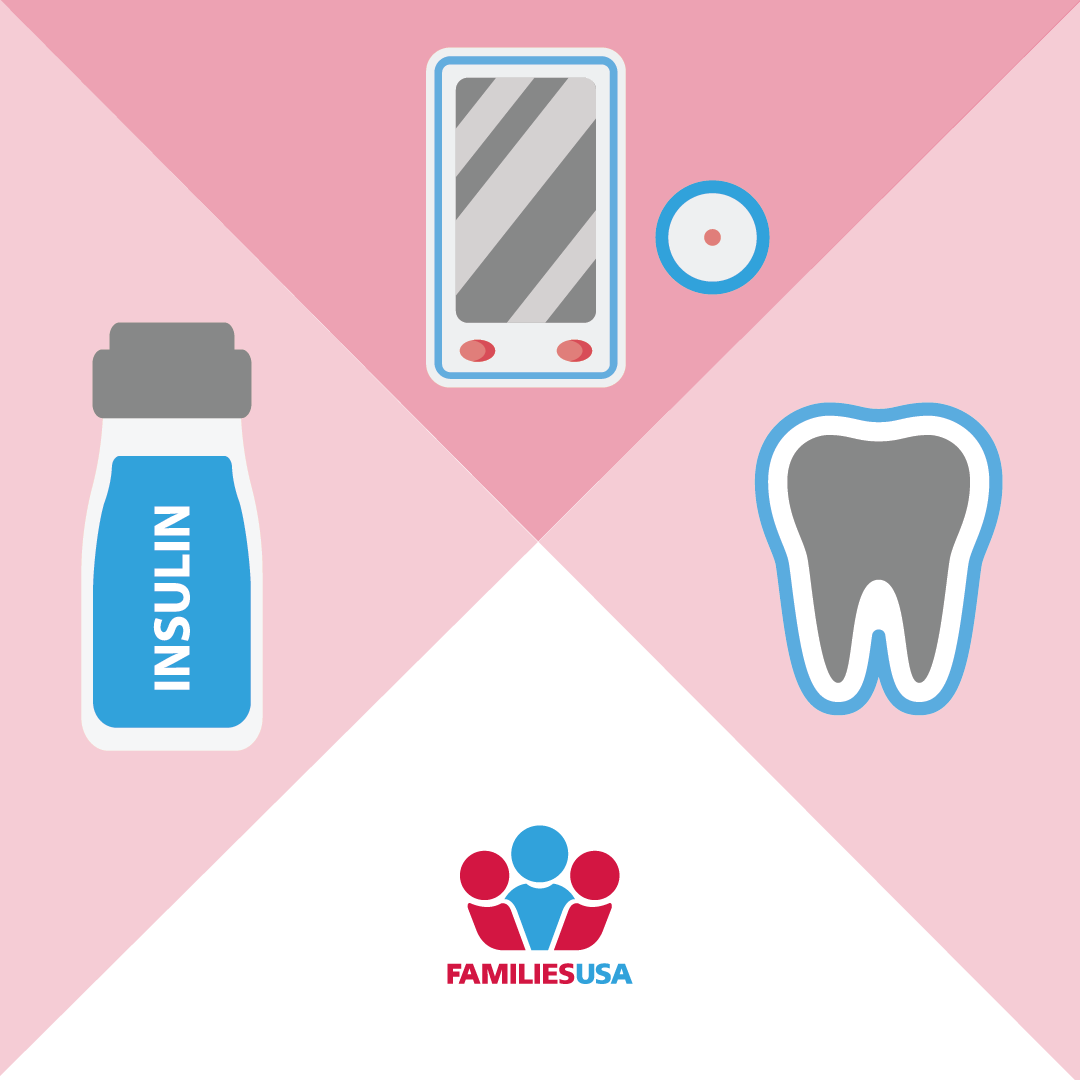California’s Seniors Would Benefit From Medicare Oral Health Coverage
08.09.2018
Six million Californians rely on the Medicare program. Nationally, about two-thirds of Medicare beneficiaries do not have any coverage for oral health care. Medicare currently covers almost no oral health care. Here is how seniors are affected by that lack:
Without coverage for prevention and care, seniors are at great risk for tooth decay and disease.
- Nationally, nearly three out of five seniors, and more than three-fourths of low-income seniors, do not visit a dentist during a typical year.
- In California, more than one in three older adults living in the community suffer from untreated tooth decay; nearly one in five have lost all of their natural teeth.
Untreated oral health problems have grave health consequences.
- Oral infections can spread to other parts of the body. Further, it is not safe to undergo many medical procedures when a person has an untreated oral health problem.
- Nearly one out of every five older adults in California cannot chew properly due to poor oral health. This includes being unable to chew essentials such as fruits and vegetables, which compounds nutritional problems.
The out-of-pocket cost of dental care is prohibitive for people living on fixed incomes.
- Nationally, costs are the top reason seniors of all income levels give for not visiting a dentist.
- Among seniors with low incomes nationally, nearly 70 percent say that costs kept them from visiting a dentist in the last year.
When seniors do have dental insurance, it is often so limited that it does not meet their needs.
- Some Medicare Advantage plans provide limited dental coverage as an added benefit, but most beneficiaries are not in plans that cover restorative care or extractions.
Reinstating Denti-Cal is a step in the right direction, but isn’t the solution.
- In California, the plight of the lowest-income seniors varies from year to year. As of 2018, Denti-Cal (the dental component of California’s Medicaid program) covers poor and near-poor seniors; however, this coverage is at risk during recessions – California provided no adult dental coverage from 2009 to 2014.
- Seniors with monthly income over about $1,250 for an individual or assets over $2,000 are not eligible for Denti-Cal.
A Medicare oral health benefit would be a wise investment.
- A comprehensive Medicare dental benefit would be the most straightforward way to provide coverage that will keep seniors healthier and reduce other health care costs. At least four studies have found that providing oral health care to people with chronic illnesses reduces other medical costs, including for hospitalizations and emergency room visits.
Seniors want a benefit, and voters support adding dental coverage to Medicare.
- Ninety-three percent of adults age 50 and over want Medicare to include dental coverage. An August 2017 poll showed 86 percent of likely voters across ages favor adding dental insurance to Medicare. Support is strong among voters in both political parties and across all income groups.
Download the factsheet California’s Seniors Would Benefit From Medicare Oral Health Coverage as a pdf.
For full citations, download the factsheet.


